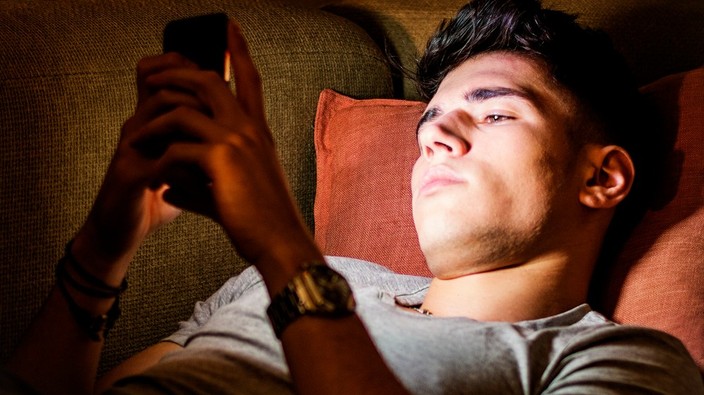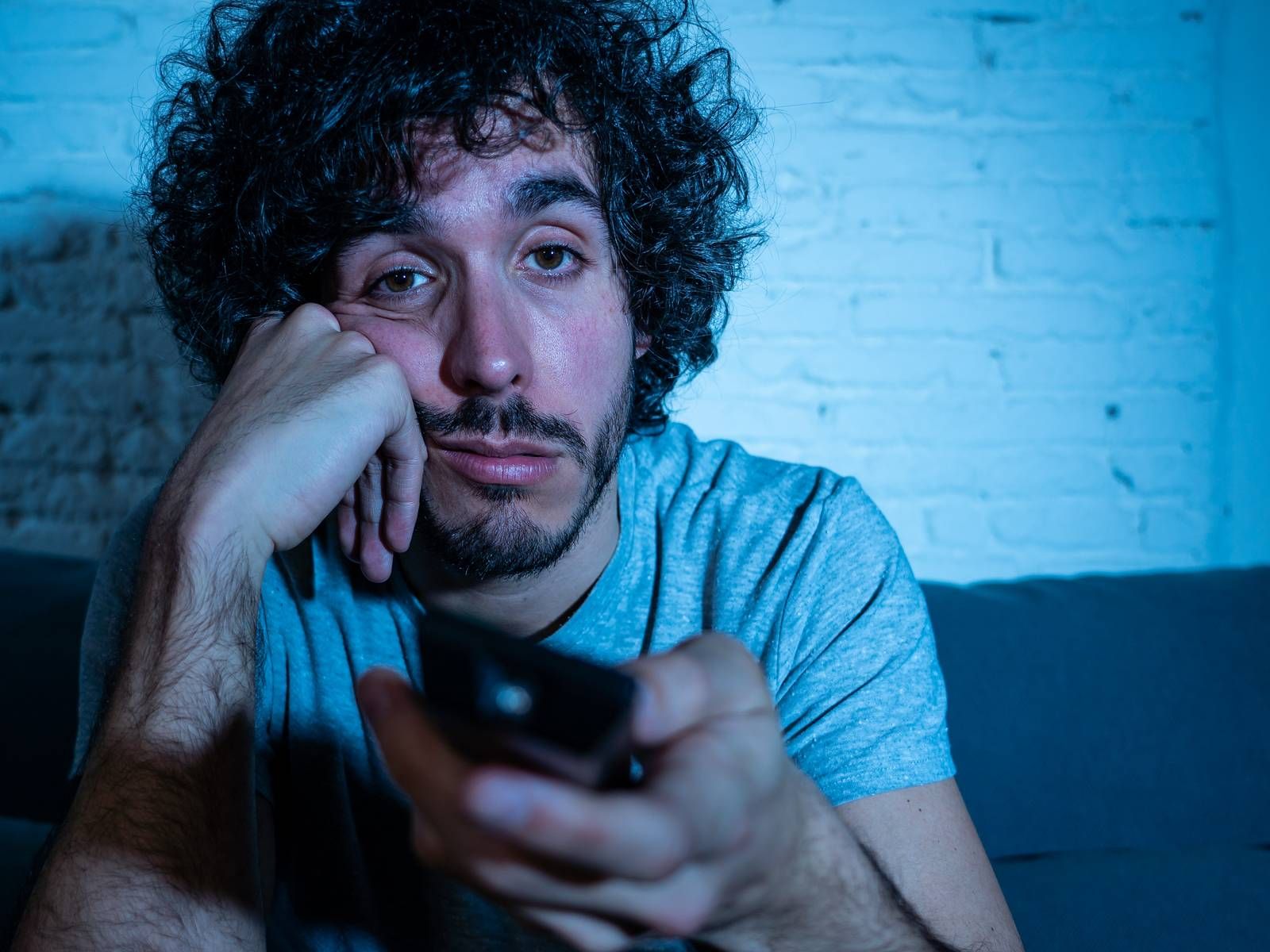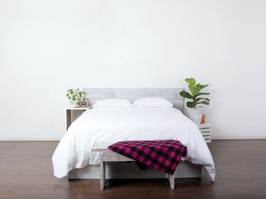annie vallières, a professor of psychology at université laval and member of the
canadian sleep society, explains that it’s not just quality of light that impacts our sleep. distracting ourselves from sleep when it’s time to hit the hay can also have a major impact on when — and how well — we snooze.
“insomnia, or poor sleep, is known to be induced by being in [your] own bed and/or bedroom doing other things than sleeping,” vallières says in an email. “ … the phone use might physiologically or emotionally activate the person in bed which is known to interfere with sleep and cause insomnia.”
vallières also notes that what the person is doing in bed on their phone will also influence the how soon they get to sleep, for example, watching an entertaining video or doom-scrolling twitter news.
dr. atul khullar, medical director of the northern alberta sleep clinic and associate clinical professor of the university of alberta, also stresses that while there may be some small effect in changing the type of light that comes out of our screens, it’s the behaviours right before we go to sleep that will have a greater impact.
“definitely there is something that if you get more light in the evening of a certain spectrum, it will suppress your melatonin and keep you awake,” says khullar. “but that’s mostly daylight. the reduction in that light probably has to be greater than the amount night shift does. [it] doesn’t subsume the fact that having your phone in the bed is way worse.”
 5 minute read
5 minute read









